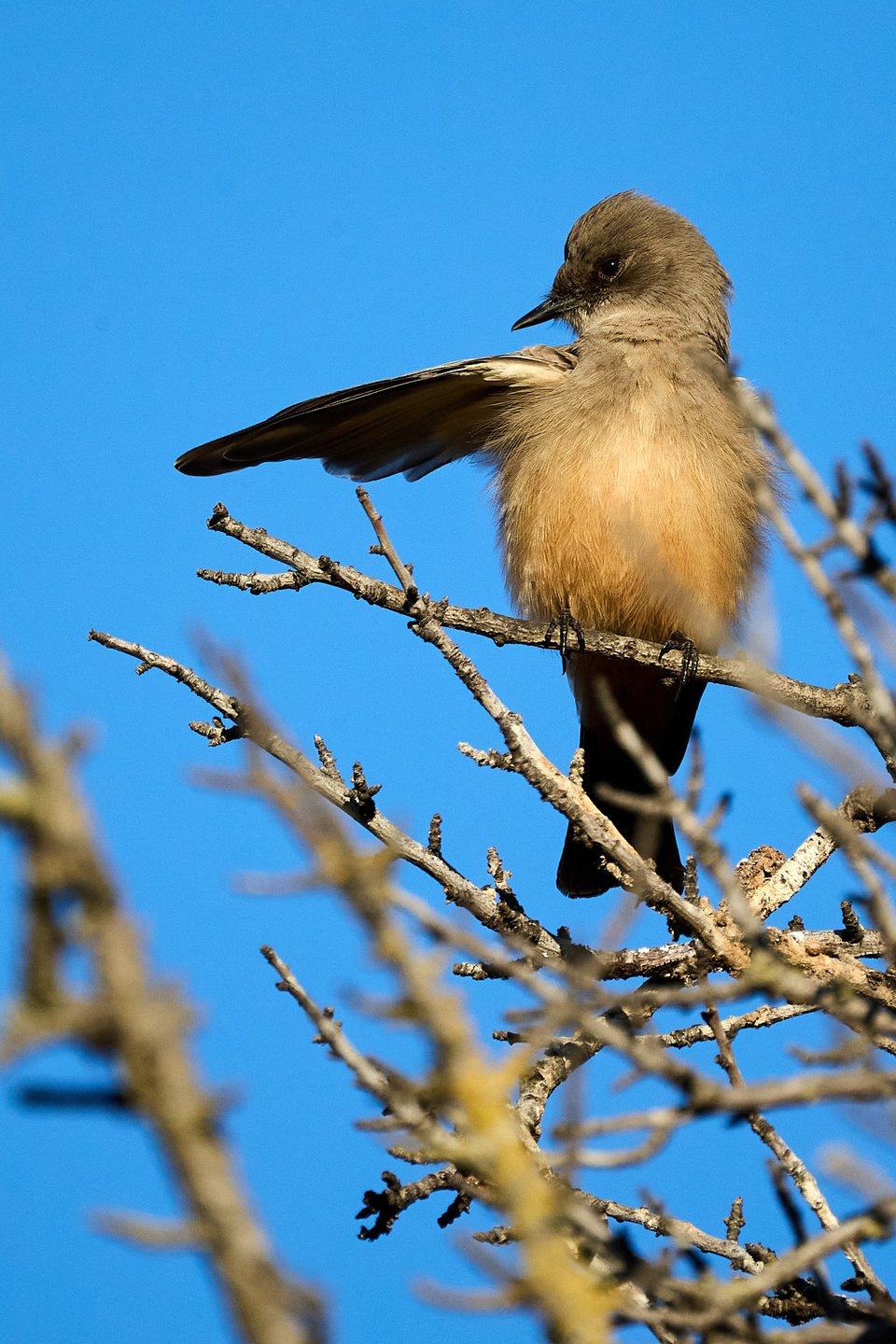The Ed's Up - How to Start a Book
Only when books are completed do we really talk about how they began. During book talks, I often get asked about where the idea came from. Once I had it, then what? How do I go from nothing to something? Those first steps can seem daunting and uncertain even to me: When I started working on my third book—The Infinite Extent, about life at different scales—I felt a tinge of panic, forgetting that I have done this twice before and actually know how to proceed. So, here’s a real-time account of what I’ve been doing for the past few months—a little guide to how I think about starting a project like this. I hope it’ll be interesting to future readers, and also reassuring to Future Ed whenever he begins staring into the abyss of Book Four. You’re welcome, older me.
(I’ve already mentioned where the inspiration for The Infinite Extent came from, and what the book is about, in an earlier newsletter, so I won’t repeat myself here. I’m also won’t to cover the process of writing or shopping a book proposal; this is about what happens afterwards, when I have a book deal but not, y’know, a book.)
1) Gather everything. I’ve written several thousand stories over the last two decades, and I went through them all—cursorily but comprehensively—to pull up anything apposite to the themes of The Infinite Extent. If I’m interested in an idea now, especially something substantial enough to merit a book, then I’ve likely been exploring that idea for a long time. I want to find that old relevant material to give myself a headstart (and to remind myself about things I once knew and have forgotten.)
2) Define the promise and the scope. My editor Hilary Redmon and I agree that a nonfiction book should promise readers something beyond mere knowledge about its subject matter. An Immense World is about animal senses, but readers hopefully walk away with a dizzyingly upended understanding of even familiar parts of their world, and newfound curiosity and empathy for the creatures in it. The Infinite Extent is animated by similar hopes and values, and while I won’t codify its promise at this early stage, I’ll simply note that I’ve given it a lot of thought and written it down. All else flows from that, including big decisions about what to include or leave out. Everything in nature has some element of scale to it, so theoretically everything could be part of this book. But defining the promise—knowing what I want to achieve with the book—helps me clarify what’s within scope or beyond it. (In a similar way, I’ve also thought about obvious failure modes: How might a book on this topic suck, and what might a bad (but fair) review look like?)
3) Build a structure. I have to hand in a draft in two years, and I won’t write anything until the second. The first is solely for planning. First and foremost, it’s about creating a structure. I need to know what every chapter in the book is about; how the chapters are arranged; and the major protagonists and themes in each one. I do a lot of reading (and a fair bit of walking) and shove everything I learn and think about into a single monstrous Word document, which makes heavy use of headings, bullet-pointed lists, and the navigation pane to organize the material. (Some people use programs like Scrivener, which I personally despise; I want agility and simplicity.) For An Immense World, the structure was clear: Each chapter was about a different sense. I Contain Multitudes was much harder: It wasn’t obvious what the chapters should be, and nailing them down took a lot of work. The Infinite Extent is somewhere in the middle.
4) Create a reporting plan. As I define and refine the chapter plan, I’m simultaneously filling an Airtable with the people I want to interview. As with my previous two books, I’ll want to meet some of those people, and the organisms they study, in-person. And I can’t go everywhere, I try to identify trips where in-person experiences would make a most difference over a simple phone call, offering vivid scenes—places, events, experiences, characters—that will make the themes of the book come alive to a reader. The Airtable also lets me cluster potential interviewees by location, so I can opportunistically attach reporting opportunities to speaking events or vacations.
There’s more to it, but those are the big four steps, which are really about being organized and intentional. When I teach writing workshops, I always note that writing is not magic. Writing = intentionality x practice. It’s about knowing exactly what you’re trying to achieve at every scale of organization—chapter, section, sentence, word—and then doing it enough that it becomes second nature. The former part is the driving force of this first year of work.
I think that intentionality is crucial for two reasons. First, it’s an act of kindness to myself.. Writing from nothing is hell. Writing from a carefully considered plan is… well, if not heavenly, then certainly much less hellish. Second, and perhaps more importantly, it’s an act of respect to my reader. Books are not cheap! They are time-consuming to read! It is actually no small thing for someone to engage with a book, and my heavy investment in structure and planning is part of my bargain to a reader: You pick up my book, and I won’t waste your time.
In Which We Act as Advice Columnists For a Day
My wife Liz Neeley and I appeared on Slate’s advice podcast, Dear Prudence, to help host Jenee Desmond-Harris answer four reader letters about what to do when you discover your birthday gift and hate it, how to avoid losing respect for a partner who procrastinates, and whether it’s a problem if romantic daydreams are starting to stifle real-life relationships. We had a lot of fun with this. For years, I’ve been saying that Liz’s superlative levels of compassion, empathy, and thoughtfulness have made me a better person and animated the work I try to do. She has been a profound influence in all of my most important writing—the recent book, the pandemic coverage, the long-COVID series, and more. And I love this podcast because you can get a taste of that for yourself.
Liz also expounds on her piece of unsolicited advice from the show—You cannot change a feeling with a fact—in her own newsletter, which you should subscribe to. Making Science Make Sense is written by Liz and Ambika Kamath, the founding members of Liminal—a science communication collective that focuses on sensemaking.
Also, someone please give Liz her own advice show.
Bird Photography
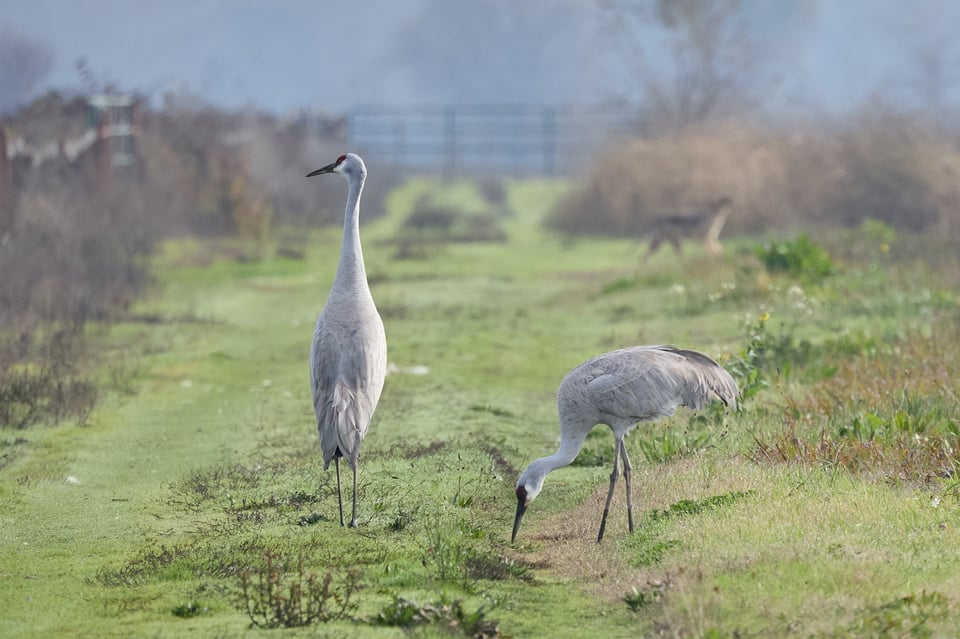
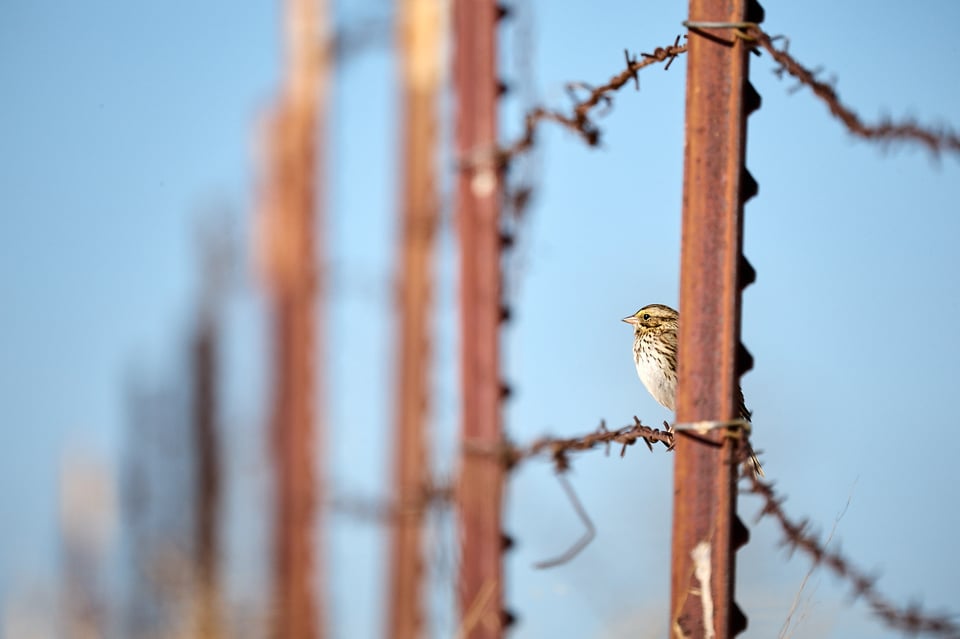
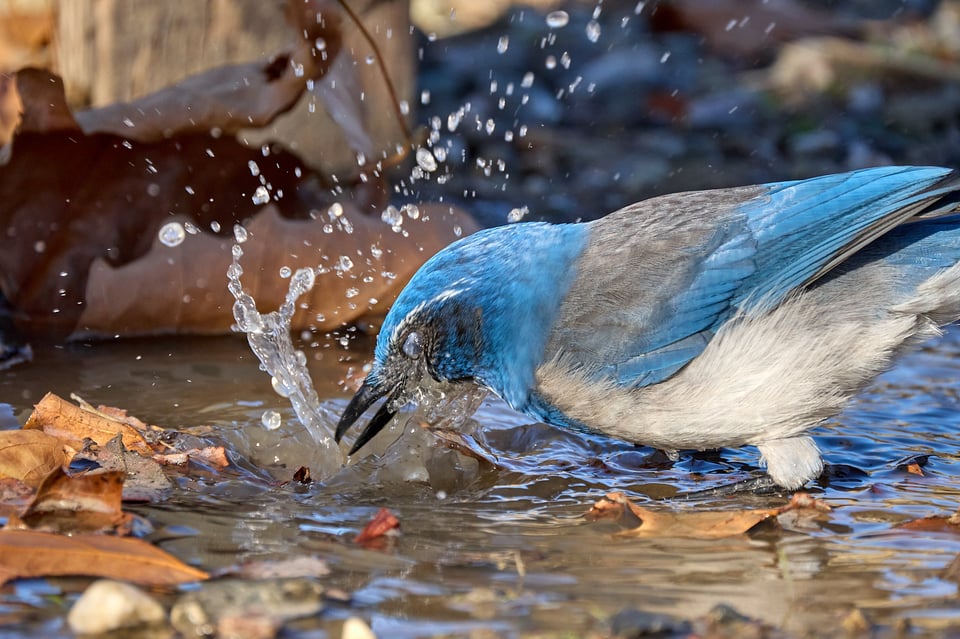
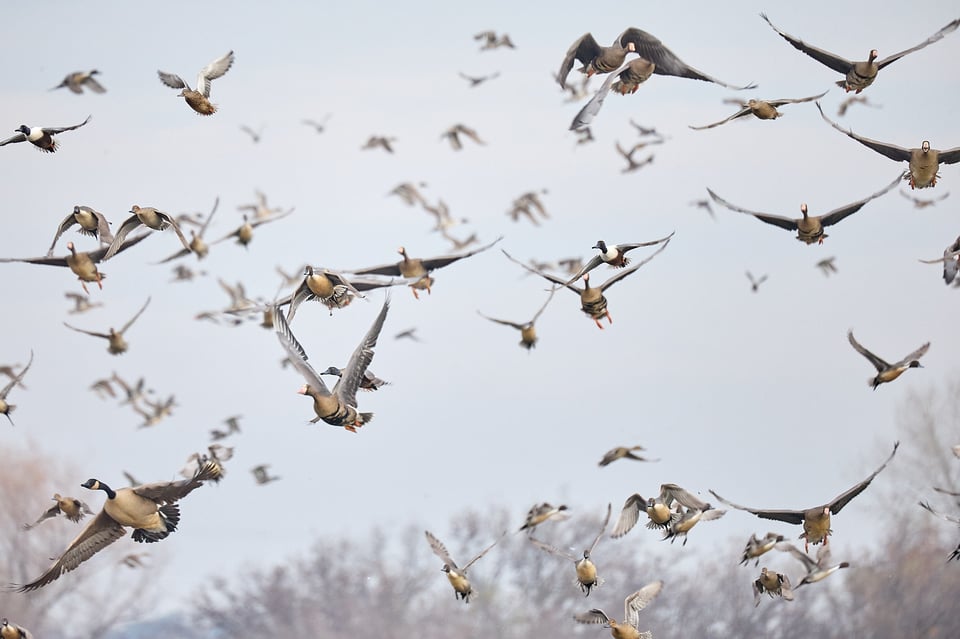
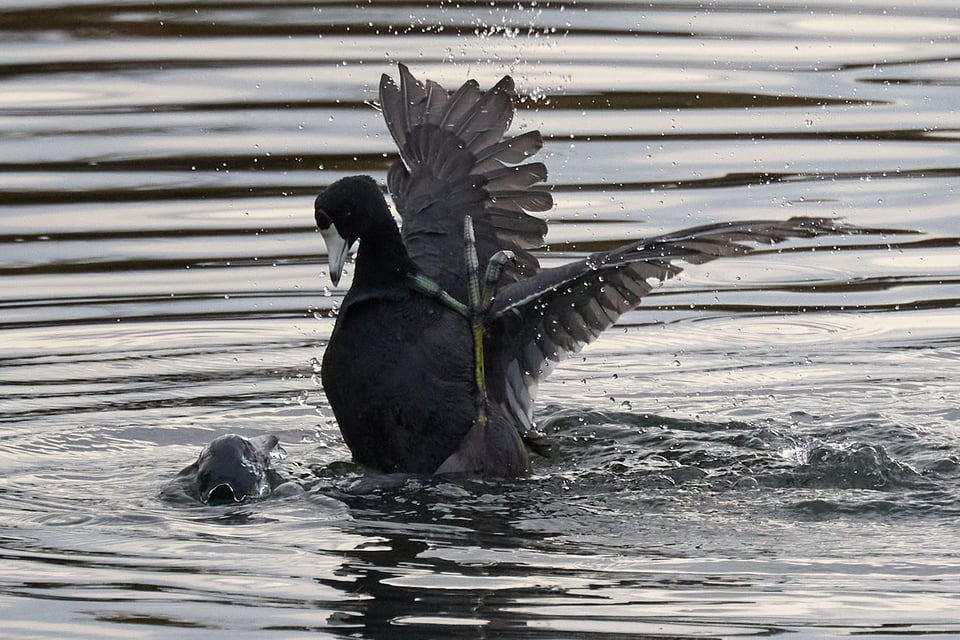
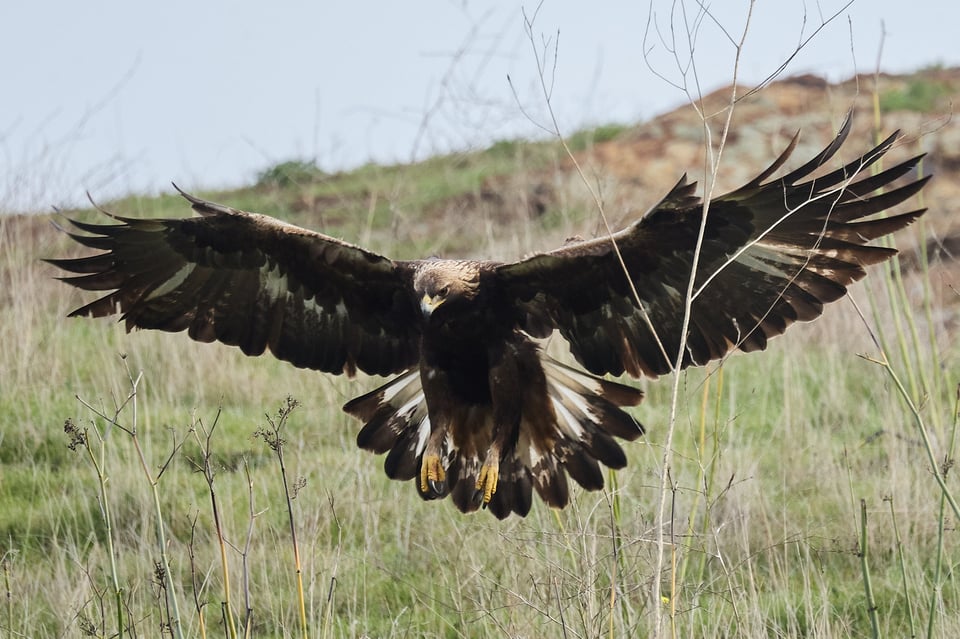
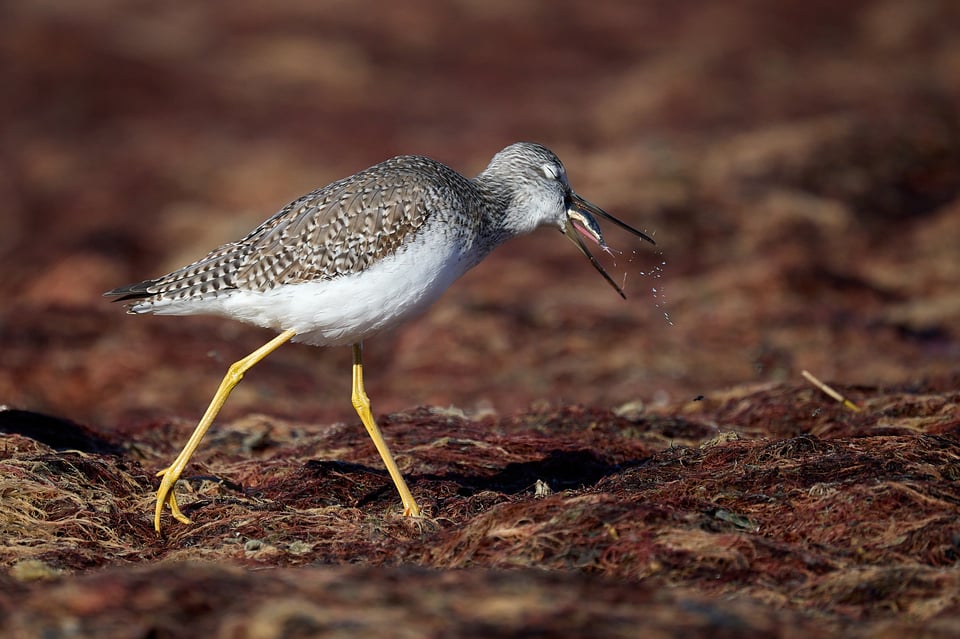
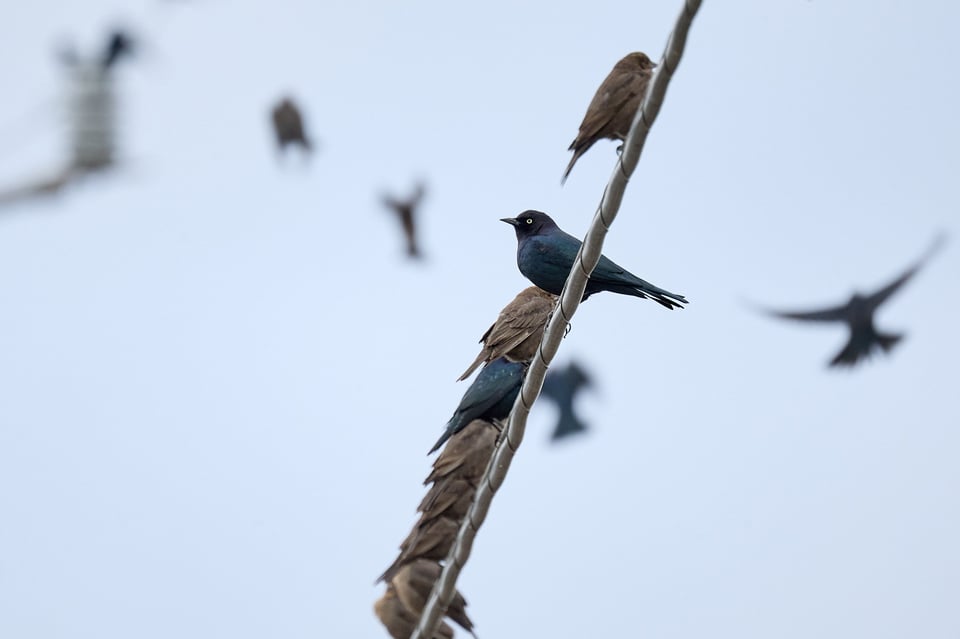
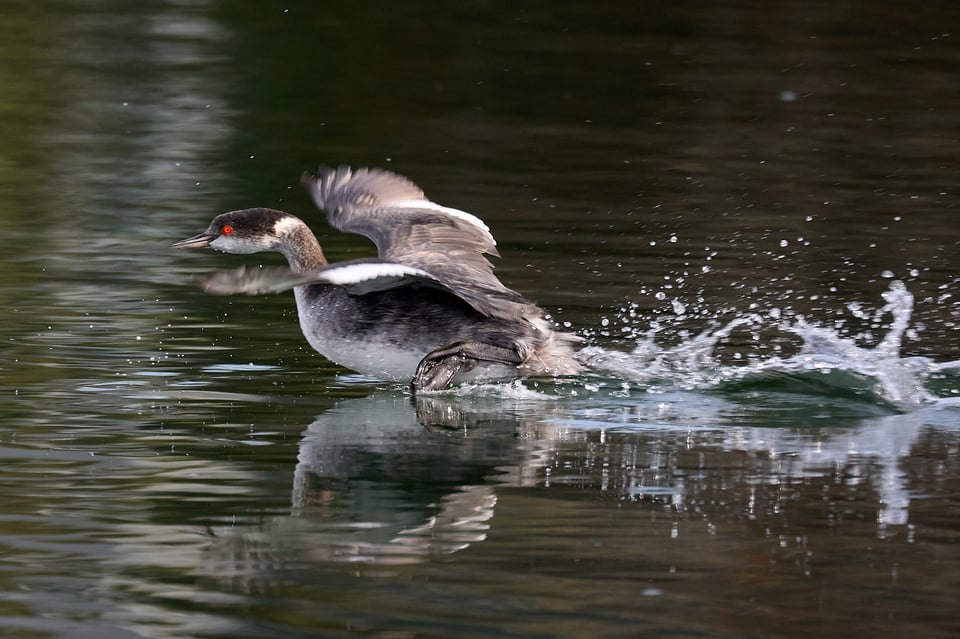
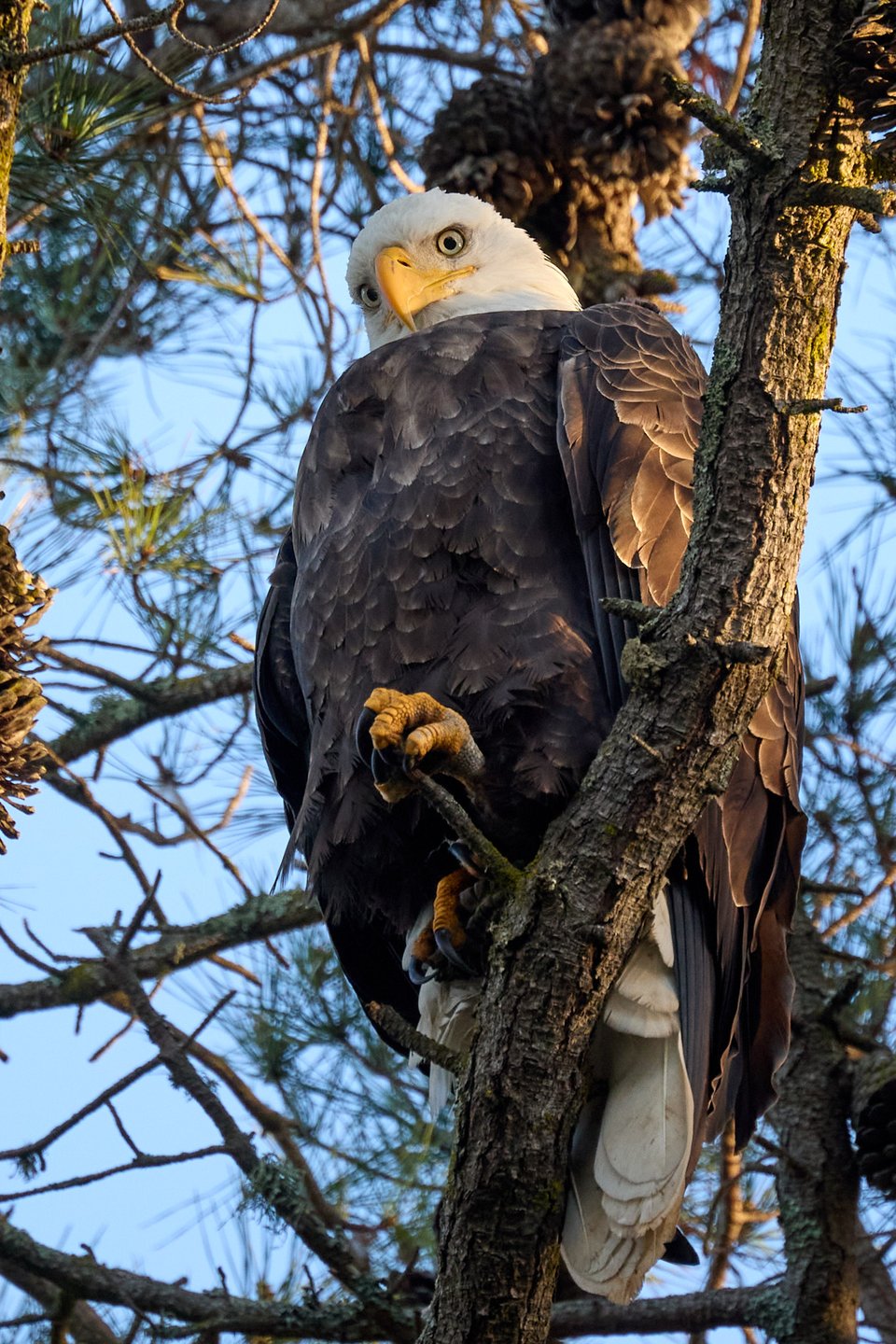
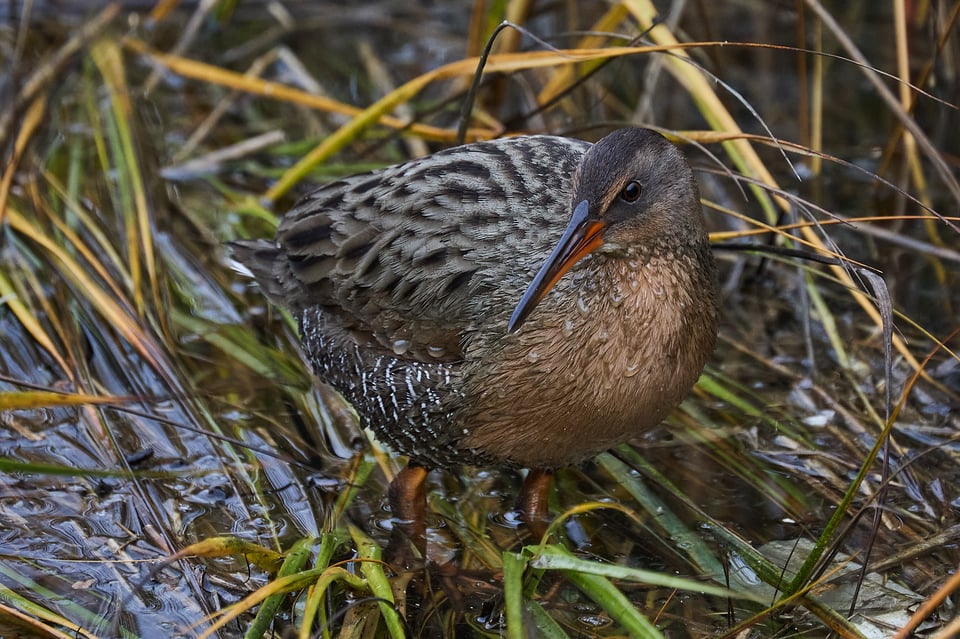
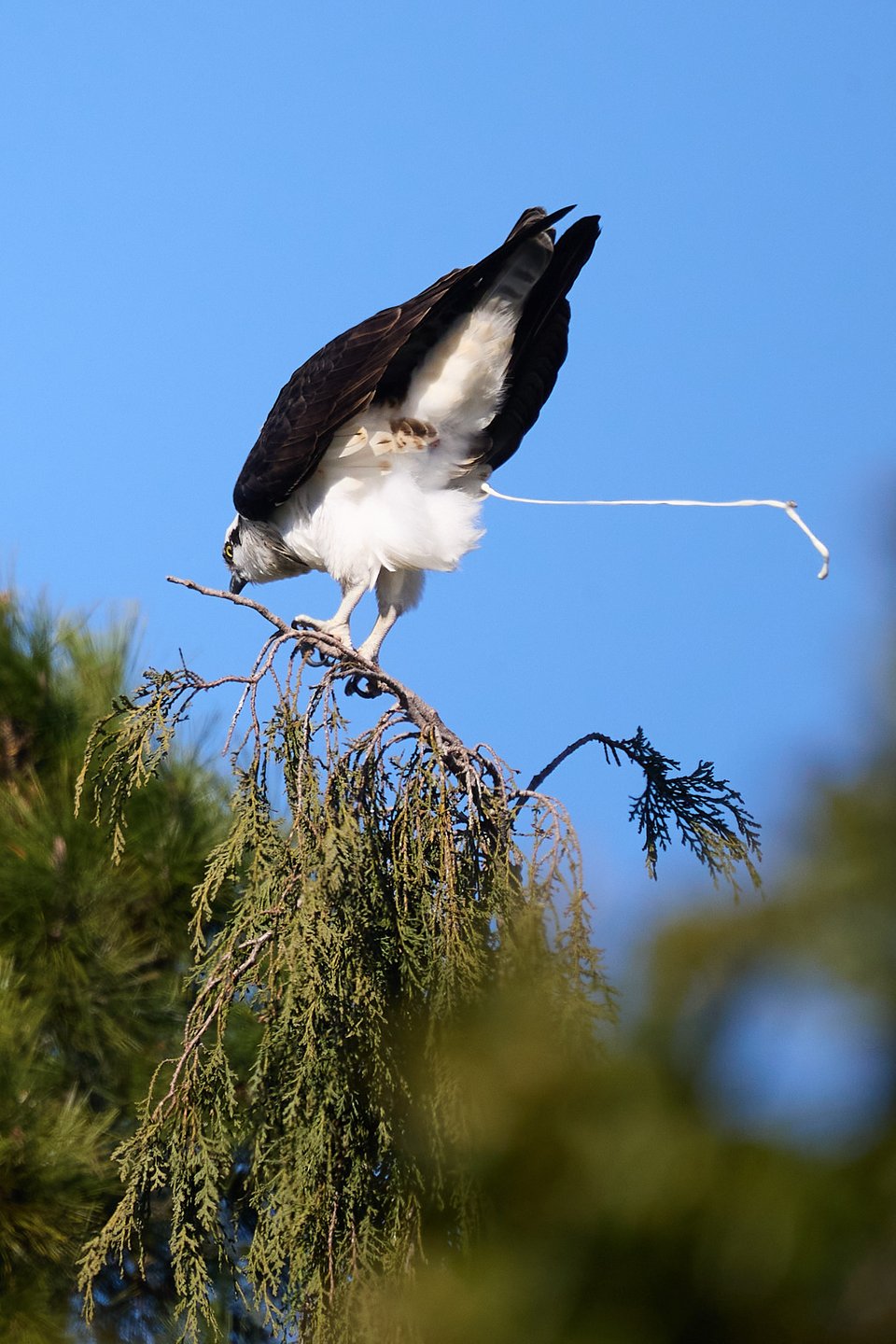
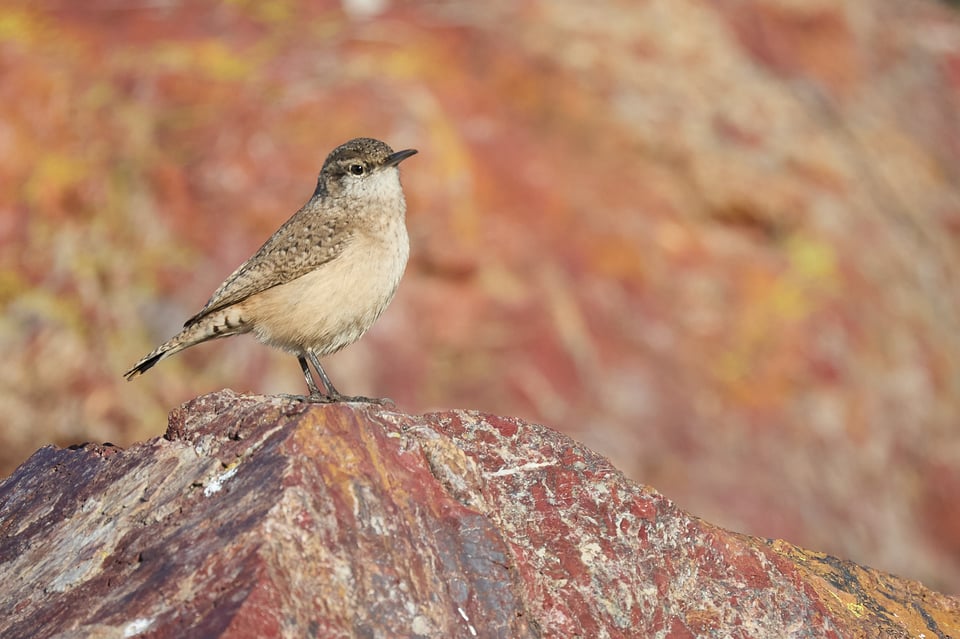
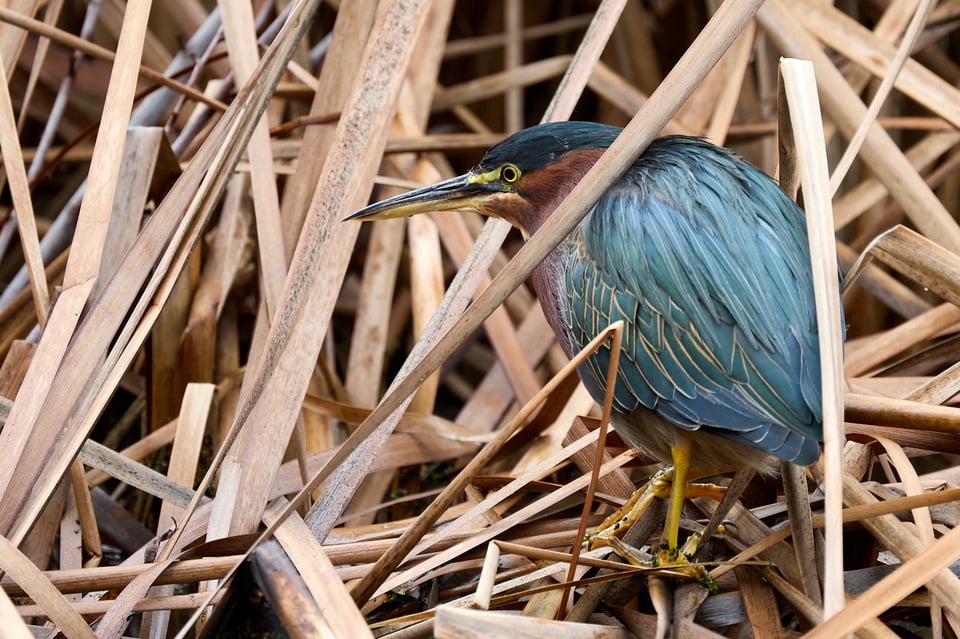
Gaza Reading
“Legally, the most compelling aspect of South Africa’s case is not its devastating recitation of the facts attesting to the scale of killing and destruction in Gaza but rather its meticulous reconstruction of genocidal intent.” Daryll Li on South Africa’s charge of genocide against Israel at the ICJ, and what it means.
“He should be learning how to draw, how to play soccer, how to take a family photo. Instead, he is learning how to hide when bombs fall.” The poet Mosab Abu Toha writes about what happened when IDF soldiers arrested him as he tried to flee his home with his family.
"I've seen a lot, and I never compare conflicts, but that's got to be the most nightmarish thing I've ever seen. And the most, one of the most, inhumane and cruel things I'll ever see.” That’s American pediatrician Seema Jilani who spent two weeks working at the al-Aqsa Hospital in Gaza, and treated an 11-year-old girl who had been burned by an explosive blast. (See also Jilani’s interview with Isaac Chotiner)
“The current political moment provides the left with an opportunity to clarify its often poorly articulated position in the so-called culture wars: namely, that the freedom of speech is a crucial public utility in a democratic society but it is not the soul of justice; and that to install it as such eclipses and ultimately degrades the left’s substantive values.” Fantastic essay by Andrea Long Chu about the free speech debate, especially as it pertains to the “McCarthyist crackdown on pro-Palestine speech.”
“Bear witness, we say, yet three months into a livestreamed genocide, we must ask—what does all this looking do?” Sarah Aziza writes about the act of bearing witness, and why Palestinian “invisibility is not a matter of lacking images, but of a social-political vision in which true witness is precluded.”
“In a news industry that usually does purport to treat journalism with such reverence, why are journalists in Gaza not being uplifted and defended more often?” asks Jack Mirkinson, especially when Palestinian journalists are being killed at an unprecedented rate.
Future speaking events
I’ll be talking about An Immense World unless otherwise stated. Come say hi; please wear a mask
Feb 9/10 – Newport Beach Public Library Foundation: two talks at Newport Beach, California.
Feb 13 – Lenoir-Rhyne University at Hickory, NC.
Feb 15 – Transylvania University at Lexington, KY.
Feb 25 – Amherst Litfest at Amherst, MA
Mar 12 – OneBook Sarasota: two separate talks at North Port & Sarasota, FL.
Mar 21 – Teton County Library in Jackson, WY (sold out)
Apr 29 – Pittsburgh Arts and Lectures in Pittsburgh, PA (virtual ticket also available)
That's it for this week
As always, this newsletter is free, but you can choose to pay a monthly subscription (at whatever level you set) if you'd like to support my work.
Stay safe.
